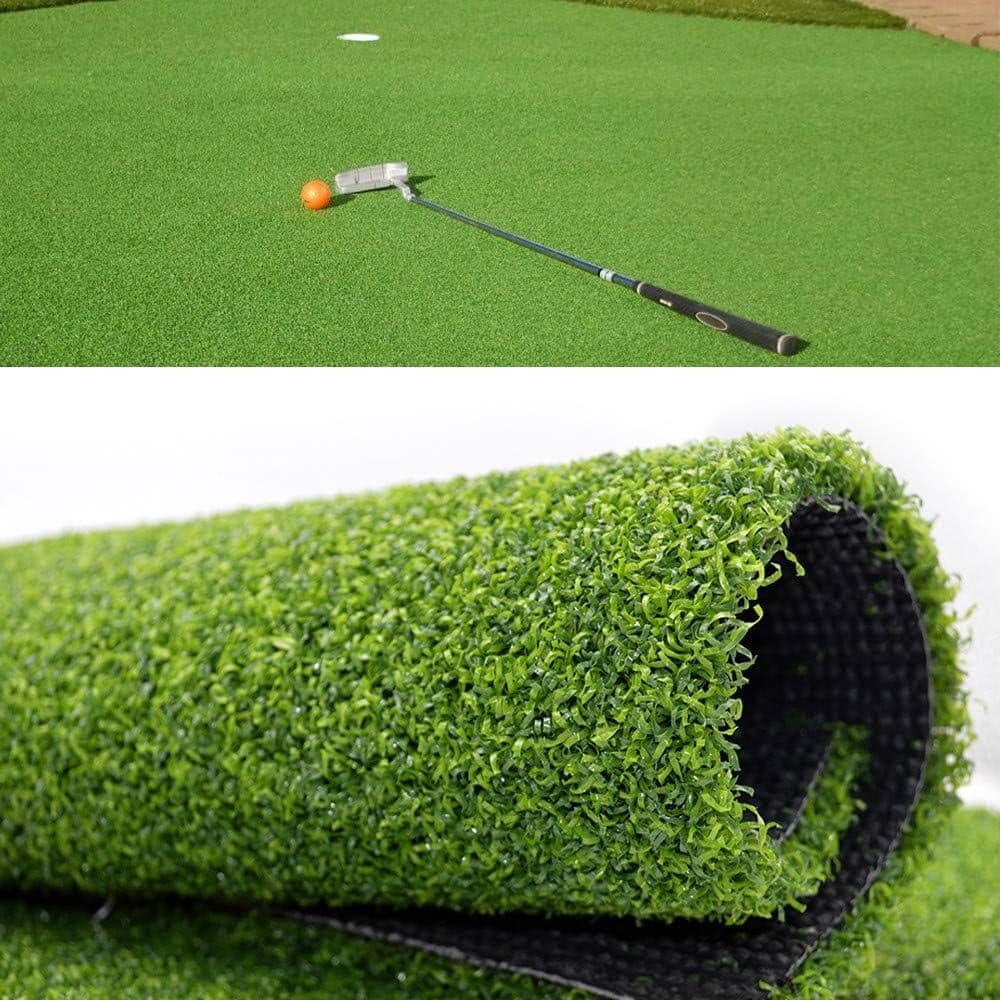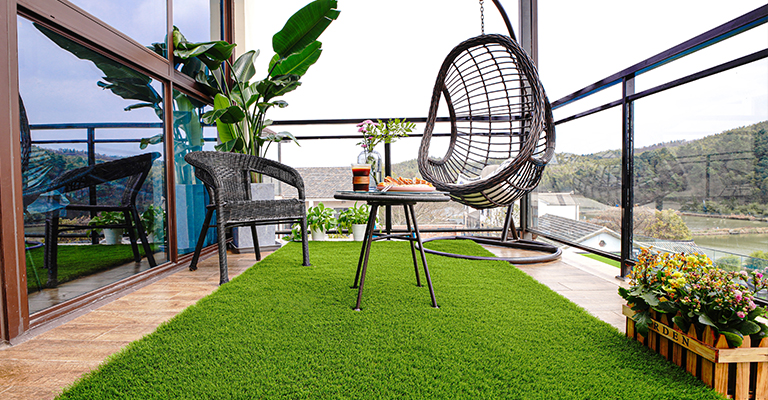Budget-Friendly Turf Installation Phoenix AZ for a Hassle-Free Lawn Solution
Budget-Friendly Turf Installation Phoenix AZ for a Hassle-Free Lawn Solution
Blog Article
Delve Into the Environmental Benefits of Opting for Artificial Lawn Solutions
The adoption of synthetic grass options offers an engaging opportunity to address pressing ecological difficulties. By considerably decreasing water usage and minimizing the application of unsafe chemicals, these choices not only advertise sustainable landscaping but additionally safeguard local communities. Moreover, the lower carbon impact connected with decreased upkeep tasks contributes to a more lasting method to land management. However, the effects of these advantages extend past mere preservation initiatives, raising inquiries concerning their lasting impact on environment conservation and overall environmental equilibrium. Exploring these measurements exposes a complicated interplay worth considering.
Water Preservation Advantages
Among one of the most considerable benefits of fabricated turf is its ability to conserve water. Standard grass lawns need considerable irrigation, especially in locations prone to drought or water restrictions. On the other hand, fabricated grass does not need watering, dramatically minimizing the general need for water resources. This function is specifically helpful in deserts where water deficiency is a pressing issue.
By eliminating the need for routine watering, man-made turf adds to sustainable landscape methods and helps reduce the environmental influence of too much water intake. The conservation of water expands to the decrease of drainage, which can lead to dirt disintegration and river contamination.
Additionally, the installation of synthetic turf allows homeowners and districts to designate water sources more effectively, concentrating on vital uses such as drinking water and farming. The shift towards synthetic grass not only promotes responsible water usage however additionally aligns with wider environmental objectives aimed at maintaining natural deposits.
As neighborhoods increasingly prioritize sustainability, the water conservation advantages of fabricated grass provide an engaging case for its fostering in residential and commercial landscaping jobs.
Lowered Chemical Usage
The change to synthetic grass substantially lowers the dependence on chemical treatments generally used in natural grass upkeep. Standard lawn monitoring normally entails the application of chemicals, herbicides, and plant foods to promote growth and control bugs. These chemicals can pose risks to human wellness, local wild animals, and the setting, contributing to dirt and water contamination.
On the other hand, synthetic grass gets rid of the demand for these hazardous compounds. When set up, it needs very little maintenance, mostly being composed of routine cleaning and occasional infill replenishment. This reduction in chemical usage not just benefits the instant atmosphere but also contributes to more comprehensive environmental security. By reducing the launch of synthetic compounds into the community, artificial grass promotes healthier dirt and water supply.
Moreover, the absence of chemical runoff associated with synthetic grass installments helps safeguard regional waterways from pollution, sustaining marine life and keeping biodiversity. Phoenix turf companies. As areas increasingly focus on sustainable methods, going with synthetic grass provides a sensible service that aligns with ecological conservation objectives. Via this change, homeowner can delight in rich eco-friendly spaces without compromising eco-friendly health, leading the way for an extra lasting future
Lower Carbon Footprint

Furthermore, the installment of synthetic grass can cause substantial water preservation. All-natural lawns need substantial quantities of water for watering, which not only contributes to the carbon footprint connected with water removal and treatment however likewise pressures neighborhood water resources. On the other hand, artificial grass needs very little upkeep, requiring no watering, thereby dramatically minimizing water usage and its linked energy expenses.
Furthermore, the durability of synthetic grass contributes to its reduced carbon effect. With a lifespan of approximately 15 years or more, the demand for constant substitutes is diminished, resulting in less waste and reduced power consumption in manufacturing and taking care of standard lawn choices. In general, fabricated lawn provides a sustainable option for eco conscious landscape design.
Habitat Conservation
Environment preservation is an important factor to consider in the debate over landscaping choices, particularly when contrasting synthetic grass to natural grass. All-natural yard yards commonly need comprehensive maintenance, consisting of making use of plant foods, chemicals, and herbicides, which can detrimentally affect regional environments. These chemicals can leach into the soil and rivers, hurting native plants and fauna and interfering with local environments.
Man-made grass removes the demand for dangerous chemicals, thereby protecting nearby wildlife and maintaining the stability of surrounding ecological communities. The setup of artificial turf can lead to the conversion of former turf areas right into more biodiverse landscapes, such as Go Here pollinator gardens or indigenous plant locations, which can support local wildlife.
Eventually, the change to synthetic grass not just preserves water and lowers maintenance initiatives however additionally promotes a much more harmonious relationship in between human activities and the natural environment, promoting habitat preservation at the same time.
Long-Term Sustainability
Long-term sustainability is an important aspect in reviewing the benefits of fabricated lawn over traditional lawn lawns. One of the most significant benefits of man-made turf is its resilience; it can last up to 15-20 years with very little maintenance, whereas all-natural grass calls for frequent reseeding and replacement. This durability lowers the demand for constant sources, such as water, plant foods, and pesticides, which are vital for maintaining a healthy and balanced grass lawn.
In addition, synthetic grass adds to a decrease in carbon discharges connected with yard care devices. Standard lawns frequently need gas-powered lawn mowers, leaners, and blowers, all of which add to air pollution. Arizona artificial turf. In comparison, synthetic grass gets rid of the demand for such tools, advertising a cleaner atmosphere
Moreover, the production of synthetic grass progressively uses recycled products, boosting its sustainability profile. As manufacturers take on green techniques, the environmental impact of synthetic grass proceeds to lessen.

Final Thought
The fostering of synthetic grass options offers considerable ecological benefits, including considerable water conservation, reduced dependence on unsafe chemicals, and a lower carbon impact. Fabricated grass help in preserving all-natural habitats by reducing land disruption and advertising long-lasting sustainability with the use of sturdy materials. Collectively, these aspects highlight the potential of fabricated lawn to contribute favorably to ecological health and wellness and offer a sensible option to typical landscaping techniques in a significantly resource-conscious world.
In comparison, fabricated lawn does not need watering, significantly lowering the general demand for water sources. By minimizing the launch of synthetic compounds right into the environment, synthetic lawn promotes much healthier soil and water systems.
Additionally, the installation of fabricated lawn can result in substantial water preservation. In comparison, synthetic lawn requires very little maintenance, calling for no watering, thus important link considerably lowering water usage and its associated energy prices.

Report this page